Independent Brewer Survey: The Impact of Corporate Acquisitions on Craft Brewing
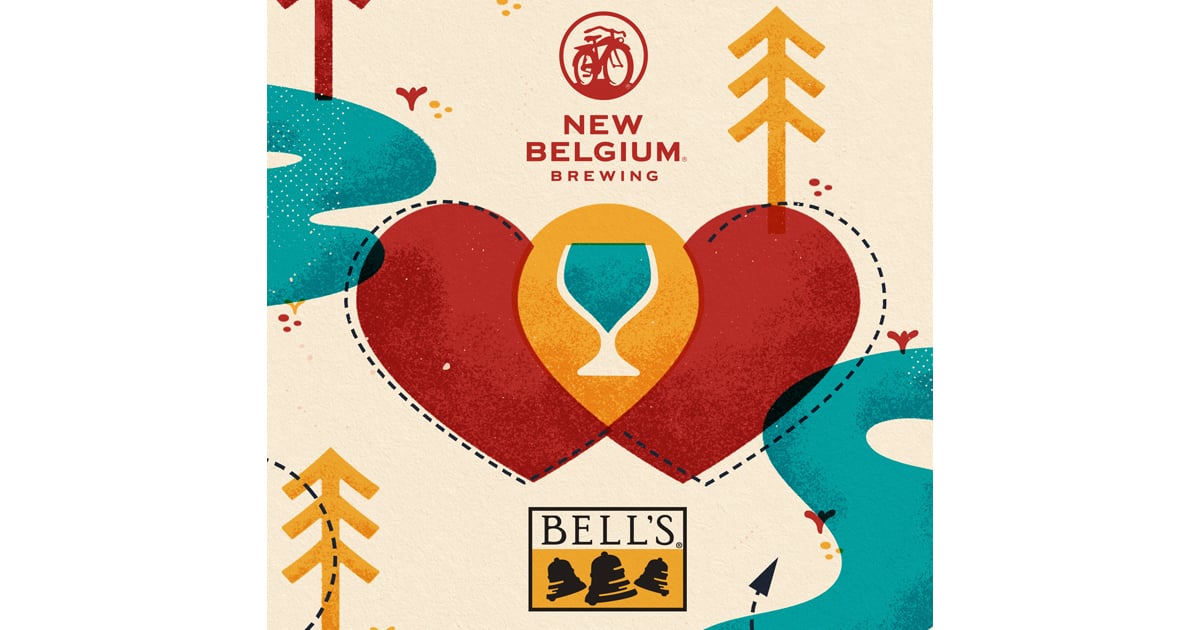
In the past two years, craft breweries have showcased themselves as local, responsive, and free of corporate ownership. They have pushed the limits of collaboration to overcome supply shortages and disruptions. The conditions introduced by the COVID-19 pandemic have pushed brewers to become more innovative and quality-focused. It’s time to hear the voices of professionals in the tank room.
In January 2022, The Beer Connoisseur asked brewers how corporate acquisitions impact the craft brewing industry. We kept trade organizations’ definitions in mind. The American Brewers Association defines a craft brewer as an independent, small brewer – one that produces 6 million barrels of beer or less per year. It also requires that less than 25 percent of the brewery be owned or controlled by an alcoholic beverage producer that is not a craft brewer. The Society for Independent Brewing (SIBA), a U.K.-based brewers’ association, states that a craft brewer is one that creates authentic, hand-crafted, local, high-quality products. SIBA also mandates that a craft brewer not be a large global manufacturer.
Our review of answers from brewers showed they got into the details. This step was critical. The notes, asides, and mentions of particular breweries helped us understand that craft brewing’s emphasis should, first and foremost, be on the “craft” element of the industry.
Brandon Greenwood, chief brewing officer and brewmaster of Cape May Brewing Co. in Cape May, New Jersey, said craft brewing is a philosophical mindset.
“[It’s] first and foremost about the beer. Specifically, the ingredients that went into brewing it, the flavors derived from those ingredients, the care with which it was brewed, and the experience the consumer has when they drink it,” said Greenwood.
Greenwood said craft brewers are not usually driven by profit. They have a reverence for creating something unique and memorable.
“In my experience, you can always tell a true craft brewer. [The] first word out of your mouth after taking a sip of their beer is simply, ‘Wow!’” said Greenwood.
Ownership isn’t everything
Across the board, brewers valued a brewery having a distinct identity not ruled by a conglomerate’s interests. Jamie Parker, head brewer at Social Fox Brewing in Atlanta, Georgia said a craft brewer can retain their identity even after an acquisition.
“I believe it depends greatly on the entity that purchases the brewery. Not all business conglomerates are built the same,” said Parker.
Parker said it’s key to keep recipes as close to their original form as possible after acquisition.
“The fastest way to ruin a brewery’s reputation is to sell to a conglomerate and alter their recipes…[to] not maintain the quality of the beer before acquisition. As long as the quality of the beer is unaltered, it doesn’t matter who owns the brewery,” said Parker.
![]()
“[It’s] first and foremost about the beer. Specifically, the ingredients that went into brewing it, the flavors derived from those ingredients, the care with which it was brewed, and the experience the consumer has when they drink it,” said Brandon Greenwood, chief brewing officer at Cape May Brewing Co.
Lisa Gregor, owner of Church Street Brewing Co. in Itasca, Illinois, said she thinks one key is percentage of ownership.
“If the conglomerate had a minority stake in the company, that might be possible [to remain a craft brewery],” said Gregor.
Jacob Landry, founder and CEO of Urban South Brewery in New Orleans, said a craft brewer is a company with a connection to place and authenticity.
“I don’t think being purchased by a conglomerate takes that away automatically. I do think it’s tough to maintain within some conglomerates. Breweries like Boulevard Brewing Co. (in Kansas City, Missouri) and Bell’s Brewery (in Comstock, Michigan, both of which are now owned by Australian brewer Lion) should be able to navigate this well. [That’s] because of the decades-long foundation they built and by continuing to invest in their communities; [they] own their own backyard,” said Landry.
Quality is a factor
A number of brewers said a craft brewery is defined by what it produces. Rob Lightner, co-founder of East Brother Beer Co. in Richmond, California, said consumers are so bombarded with “craft” products that the term has become diluted.
Lightner said staying a craft brewer is about the passion to create the best beer possible. He believes this translates to endless hours of labor, from systems maintenance to grueling brew days to the constant scramble to keep all the plates spinning.
“From the quality of ingredients to the final product, they are constantly striving,” said Lightner.
Lightner added craft brewers are also known for being a part of the community.
“Craft brewers invest in their local economy by supporting the local printer, maltster or youth group. They know that the success of their community is vital to their own success. Brewers with taprooms can provide a space where the community can gather. There, customers can enjoy a fresh pint straight from the tank while feeling a shared identity and pride in their hometown,” said Lightner.
![]()
“The fastest way to ruin a brewery’s reputation is to sell to a conglomerate and alter their recipes…[to] not maintain the quality of the beer before acquisition. As long as the quality of the beer is unaltered, it doesn’t matter who owns the brewery,” said Jamie Parker, head brewer at Social Fox Brewing.
Matt Lally, brewer for Evil Genius Beer Co. in Philadelphia, said a craft brewer is anyone who is consciously making beer to the best of their ability.
“There are so many breweries making so many different variants of beer now, coconut sports drink milkshake IPAs, fruit-thickened smoothie sours, along with seltzers too. As long as they are doing it well and are proud of the product, I would consider it craft,” said Lally.
Lally said the quantity and amount of automation involved in the process should not matter.
“There’s so much snobbery in beer: ‘Oh this IPA was made on a 200 BBL fully automated BrauKon? It’s not craft.’ Who cares? Does it taste good? Was it made well by people who care? If yes, I consider it craft,” said Lally.
Lally said there is an exception to these rules.
“If your recipes are being written and modified by a room full of suits who have never worn rubber boots in their life, you may have a problem. Especially if those people are sacrificing quality for profit, like using inferior products or fermenting a lager with ale yeast because it’s quicker,” said Lally.
Charles E. Fort, senior brewing consultant at Church Street, shared a bit of history in his answer.
“From World War II up through the 1970s, almost all beers in America were getting lighter and all trying to be a light lager. [There were] many varieties but only one style. The idea in craft brewing is to break away from that rut we were in. [It’s to] force even the large brewers to think differently about the beer market. Craft brewers tend to bring back styles that have died out like porters and IPAs. [They’re also] frequently inventing new styles like New England IPAs,” said Fort.
What enthusiasts look for
Understanding customer viewpoints adds another element to craft brewing. Brewers that figure out what customers enjoy can incorporate those qualities into their business. Traditionally, guests equate aspects of personalized customer service with craft brewing. They value experiences like being able to visit a taproom, talk to a brewer about ingredients and processes, and order a specialized tasting flight.
It is a concern when conglomerates mimic what craft breweries offer, sometimes down to details like pub room decor. Brewers are even more concerned about large companies that try to paint themselves as independent startups.
Erik Durr, co-founder and head brewer of Beat Culture Brewery & Kitchen in Miami, said he has spoken with many people who tell him how much they like to support small businesses and small craft breweries.
“They then tell me how they love Lagunitas, Wicked Weed, Veza Sur, Goose Island, Golden Road, and others. It’s a tough conversation explaining that these companies are not truly independent. It’s frustrating to see that so many people are confused about which companies they are ultimately supporting,” said Durr.
Durr said the best thing bigger breweries and breweries that have sold to conglomerates can do to remain “craft” is stay true to what helped the craft beer industry explode in the first place.
“They can utilize their added resources to build their local market’s awareness of the variety of beer options. [They can also] give back to the community, help smaller breweries when needed with things like lab services and process advice,” said Durr.
Durr added the most important action all brewers can take is to create good beer.
“The better the beer is, the more likely we can grow the industry together,” said Durr.
![]()
Lisa Gregor, owner of Church Street Brewing Co. in Itasca, Illinois, said she thinks one key is percentage of ownership.
Landry agreed that lackluster products are a concern.
“There are…examples of brands that Anheuser-Busch and Molson Coors have purchased, spread nationally, and left on shelves in places where they just aren’t relevant. The products… have no soul. I’d never call what remains of those companies and brands ‘craft,’” said Landry.
Durr said such products also provide a “mere illusion of choice” to customers who are unaware that they are not supporting small business.
Lightner said he was of the same mind. He returned to the topic of acquisition to encourage companies that offer products they call “craft beer” to maintain the mindset of a craft brewer.
“It’s critical not to mess with that good thing: the original craft product. Maintain the original team. Give them resources and allow them to continue with and build upon the processes and philosophies that distinguished them in the first place. The results will speak for themselves,” said Lightner.
Lally said Artisanal Brewing Ventures, which owns Victory Brewing Co., Southern Tier Brewing Co., and Sixpoint Brewery, is a good example of a large company that has “remained craft.”
“As long as the recipes and integrity of the beer remain the same, I’d still consider it craft,” said Lally.
Lally explained avoiding certain practices, such as putting profits first, laying off vast swaths of people, buying hop yards to keep the competition out, and trying to build breweries in areas where there isn’t enough water to begin with, also mark a brewery as “craft.”
“There are enough large breweries, like Sierra Nevada and Allagash, that use their size and wealth for good. They’re reclaiming the CO2 they produce, giving back to local communities and donating funds to the environment. Beer has always been associated with community. A brewery needs to keep that sense of community to be considered craft,” said Lally.
![]()
“I don’t think being purchased by a conglomerate takes that away automatically, though I do think it’s tough to maintain that within some conglomerates,” said Jacob Landry, founder and CEO of Urban South Brewery.




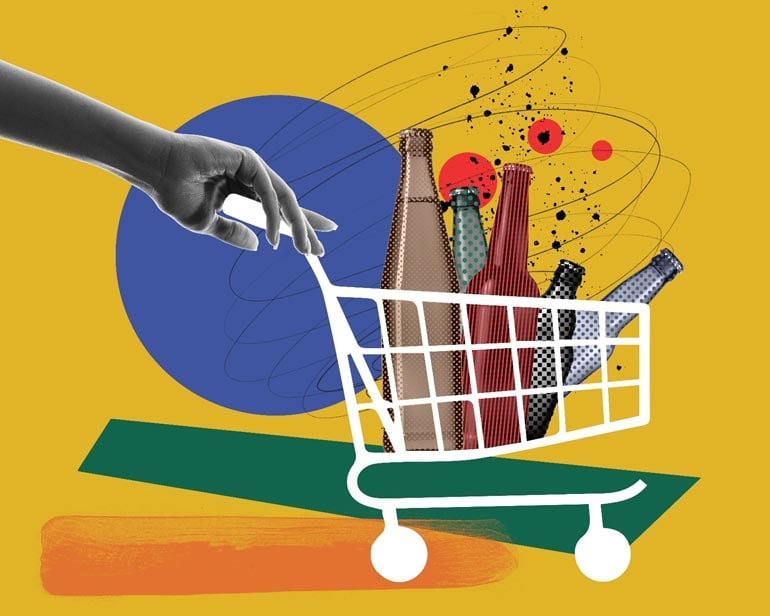


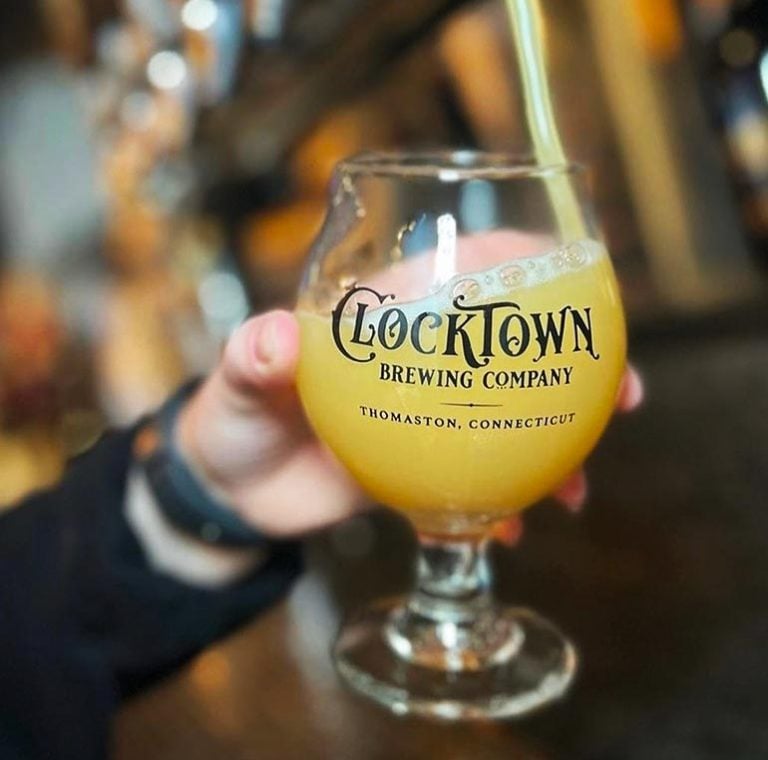
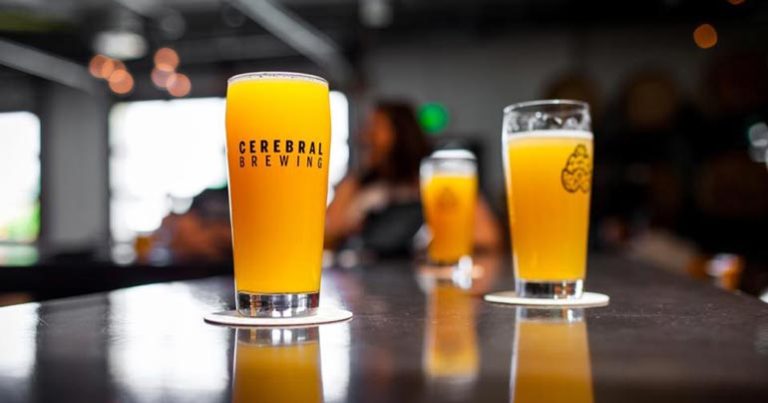

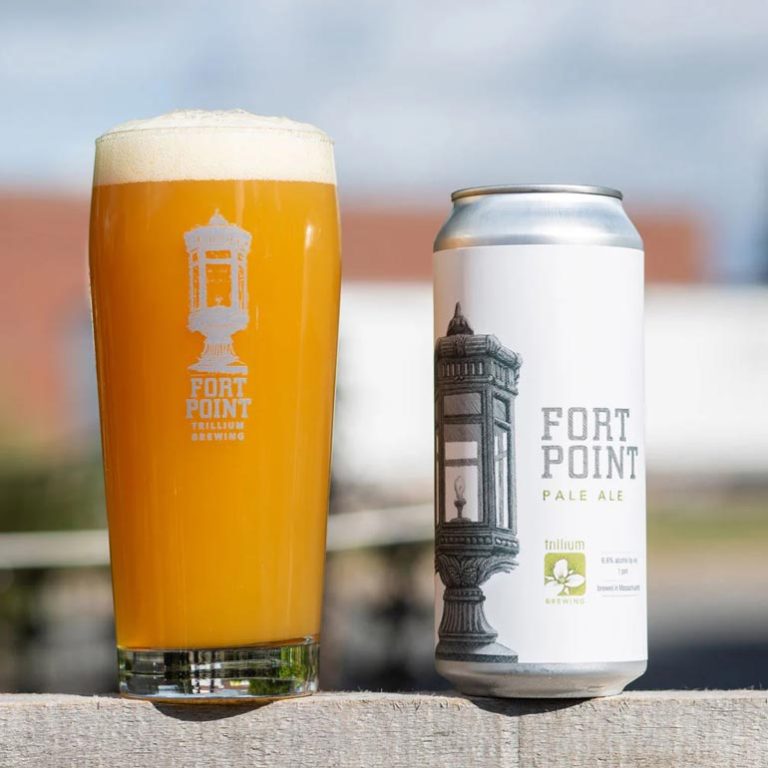

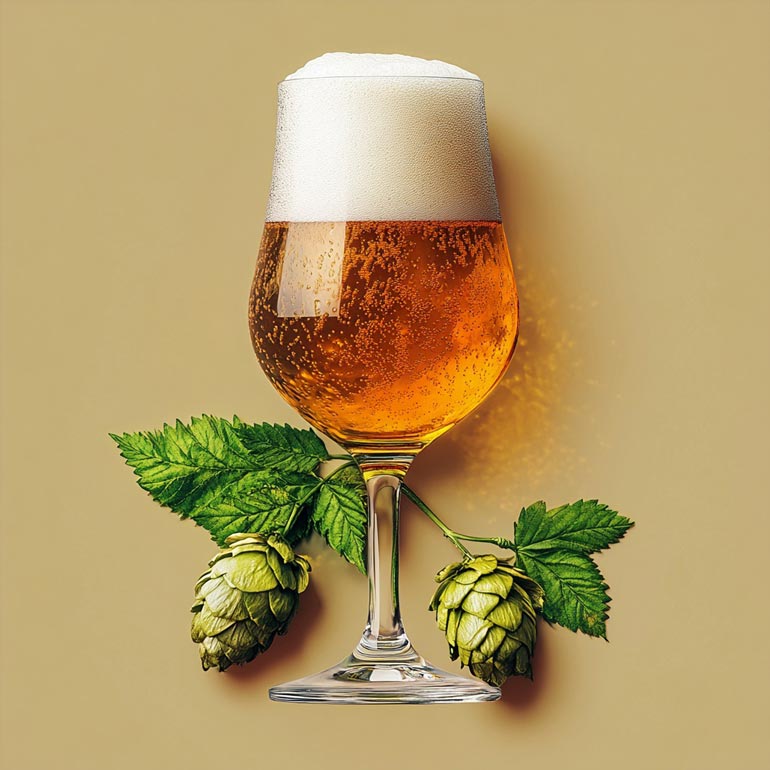
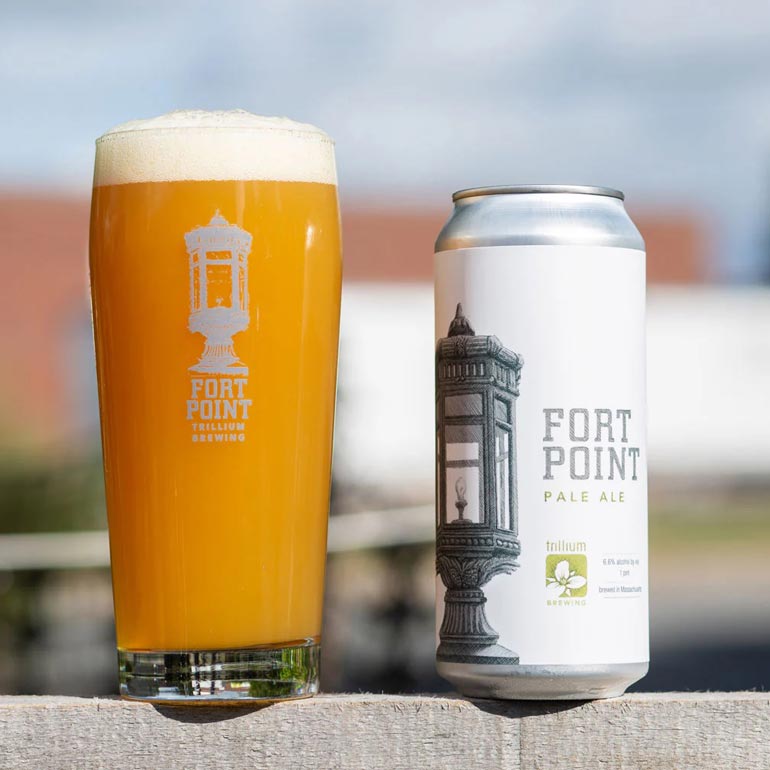
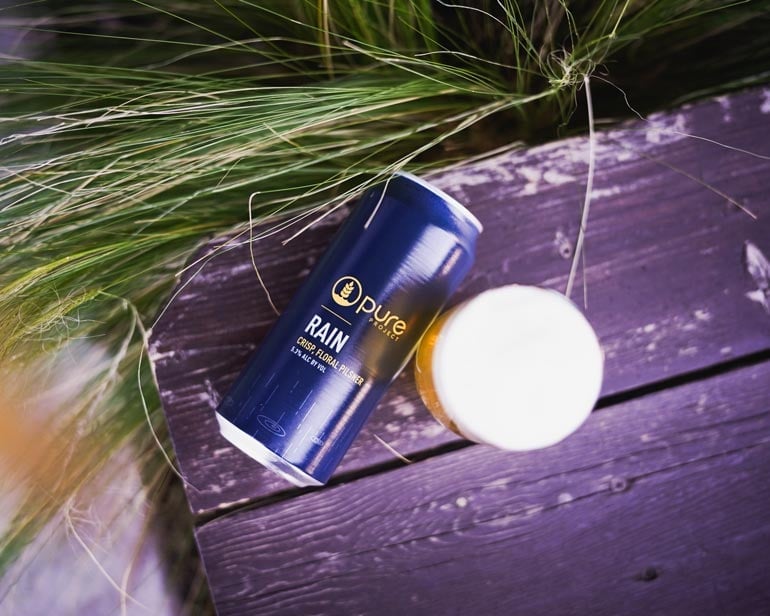
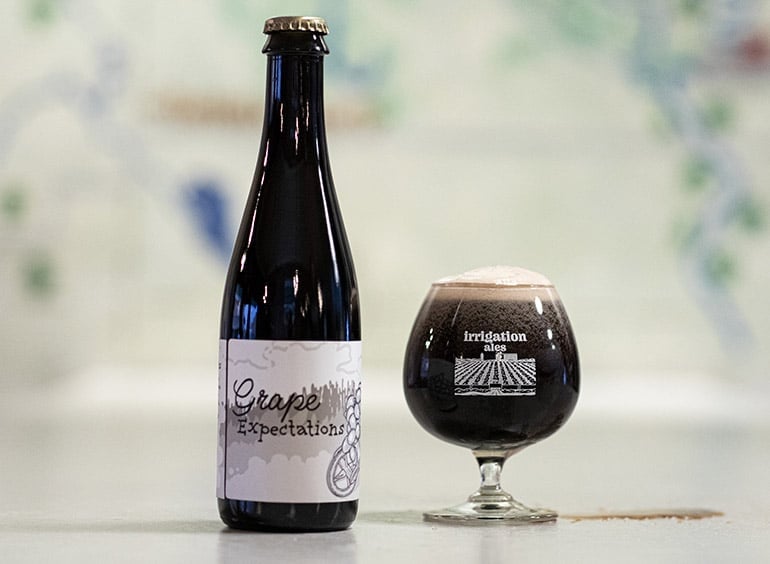
Comments 0
No Readers' Pick yet.